Improved transportation helps agricultural products of people in Bo Lu village, Ba Be commune, to be consumed conveniently, limiting the situation of being forced down on prices by traders. |
In the last days of September, Thai Nguyen was filled with joy to welcome the success of the 1st Provincial Party Congress, term 2025-2030. From the administrative center of Phan Dinh Phung ward to the areas of Bang Thanh, Bang Van, Ngan Son, Phuc Loc, Cao Minh..., everywhere one could see bright smiles and joy for a new beginning.
Along with the many opportunities that open up, there are challenges waiting ahead. I thought so when walking on the concrete roads in the villages: Pac Ngoi, Bo Lu, Pac Lang, Na Mu, Ba Be commune, then Phieng Den, Quang Bach commune; Lung Phac, Khuoi Tra, Lung Nghe, Cao Minh commune… suddenly realizing that in recent years, the land of Thai Nguyen has changed a lot.
100% of residential areas have been connected by concrete roads to inter-commune and inter-provincial routes, expanding trade opportunities and bringing the Party and State's policies and laws to families.
New routes stretching to remote, isolated and particularly disadvantaged areas have opened up many development opportunities for the people. Ms. Trieu Kim Xuyen, in Bo Lu village, Ba Be commune, shared: Convenient transportation helps the people's agricultural products no longer be forced to lower prices by traders, and at the same time changes the way people think and work in a more progressive direction.
Generations of cadres at all levels and sectors have come to the people to propagate new policies of the Party and State; coordinate with local authorities to organize seminars and training courses to transfer science and technology to farmers in cultivation and animal husbandry; build a civilized and progressive lifestyle; implement targeted programs to reduce sustainable poverty such as creating conditions for poor households to borrow capital; and support poor households with housing.
Sharing with us, Mr. Trieu Duc Hoan, Khau Da residential group, Bac Kan ward, said: My family has just moved into a house built with love. I will try my best to have my name removed from the list of poor households next year.
Mr. Ngan Duc Quan, Na Ri commune, said: Thanks to the State's support of 60 million VND, since September this year, my family has had a new house. Present there, Ms. Nong Thi Anh Tho, Chairman of the People's Committee of Na Ri commune, said: From July until now, which is considered the peak of temporary house removal, the whole commune has nearly 150 households in need of housing support. Up to now, basically all households have moved into new houses, only a few are continuing to complete.
Members of the Thai Nguyen 11/11 Charity Club gave money to support housing construction for a household in Van Lang hamlet, Van Lang commune. |
Over the past five years, the province has built nearly 14,000 solidarity houses for poor and near-poor households. With stable housing and guaranteed health, people are more active in local movements, especially sustainable poverty reduction. They participate in training courses on farming techniques, animal husbandry, vocational training, as well as learning how to use loans effectively.
Ms. Pham Thi Hien, Director of the Transaction Office of Cho Moi Social Policy Bank, said: The unit always promptly meets the loan needs, especially for poor households. It is expected that by the end of 2025, the total outstanding debt will reach more than 526 billion VND.
With timely investment capital, opportunities to escape poverty in disadvantaged areas are expanded. In 2024, Mr. Ma Dinh Hao's family in Phieng Duong village, Yen Binh commune, borrowed 50 million VND from the Social Policy Bank to raise sows. To date, his family maintains more than 80 pigs, selling an average of 3-4 tons of pork per month.
Meanwhile, Mr. Giang A Tinh's family in Lung Pap village, Cao Minh commune, thanks to the National Target Program for Sustainable Poverty Reduction in Ethnic Minority and Mountainous Areas, was supported with 9 breeding goats from May 2024. After more than a year, the herd of goats increased to 27. He shared: The more fertile the goats are, the faster the family can escape poverty.
The goat herd of Mr. Giang A Tinh's family, Lung Pap village, Cao Minh commune. |
Many sustainable poverty reduction solutions in Thai Nguyen have been effectively implemented, including training and job conversion for rural workers; encouraging children from rural areas to work as workers in industrial parks inside and outside the province, or to work under contracts abroad.
Mr. Nong Xuan De, Na Niem village, Ba Be commune, shared: Thanks to borrowing 30 million VND in preferential capital from the Social Policy Bank to prepare for the conditions for leaving the country, after 7 months of working at an agricultural farm in Japan, I sent my parents 250 million VND to pay off the debt. It is expected that after more than 2 years, I will have about 1 billion VND in accumulated capital.
With the support of the State, the active participation of the sectors and the proactive efforts of the people, the poverty rate in the province is decreasing. However, the province still has more than 23,000 poor households and nearly 15,500 near-poor households, of which nearly 19,400 poor households are ethnic minorities.
To improve the effectiveness of poverty reduction in the 2025-2030 period, in early September, the Provincial People's Committee issued a plan to implement key tasks. The goal is to reduce multidimensional poverty, inclusively, sustainably and build a happy community; strive to reduce the multidimensional poverty rate by an average of 1-1.5%/year, in poor communes by at least 3%/year, and at the same time reduce the rate of poor ethnic minority households by 3%/year or more. Thai Nguyen believes it will achieve the goal that by 2035, the multidimensional poverty rate of the whole province will be below 1%.
Source: https://baothainguyen.vn/xa-hoi/202509/mo-loi-thoat-ngheo-ben-vung-7f1389d/


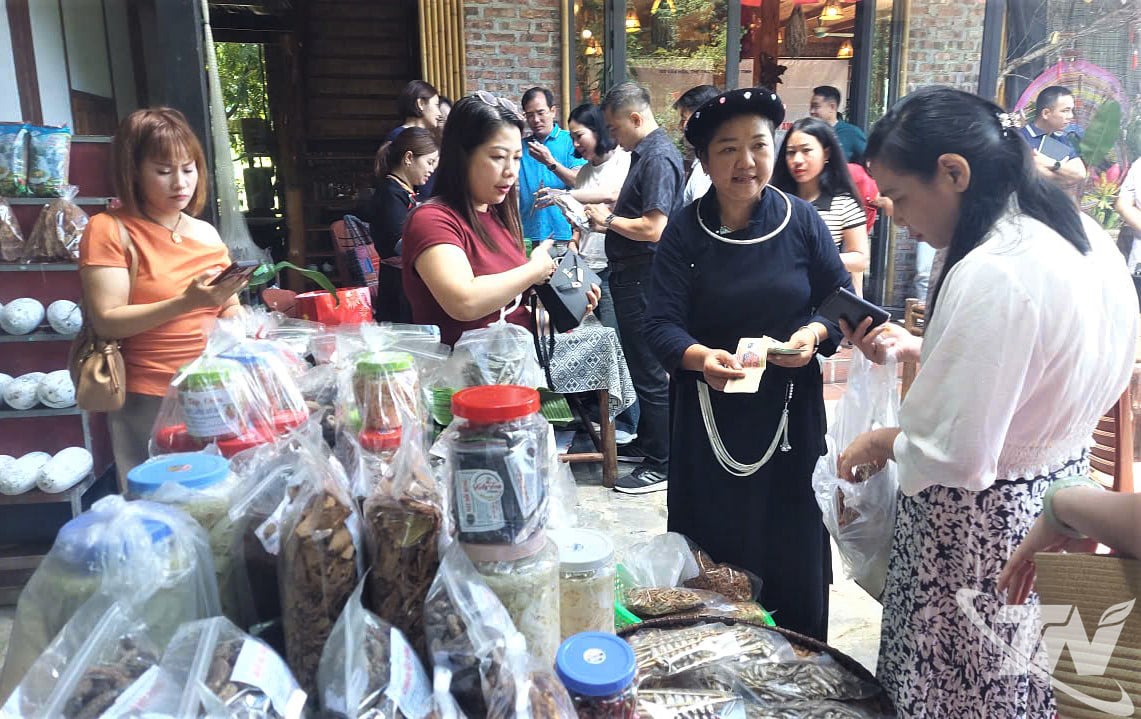
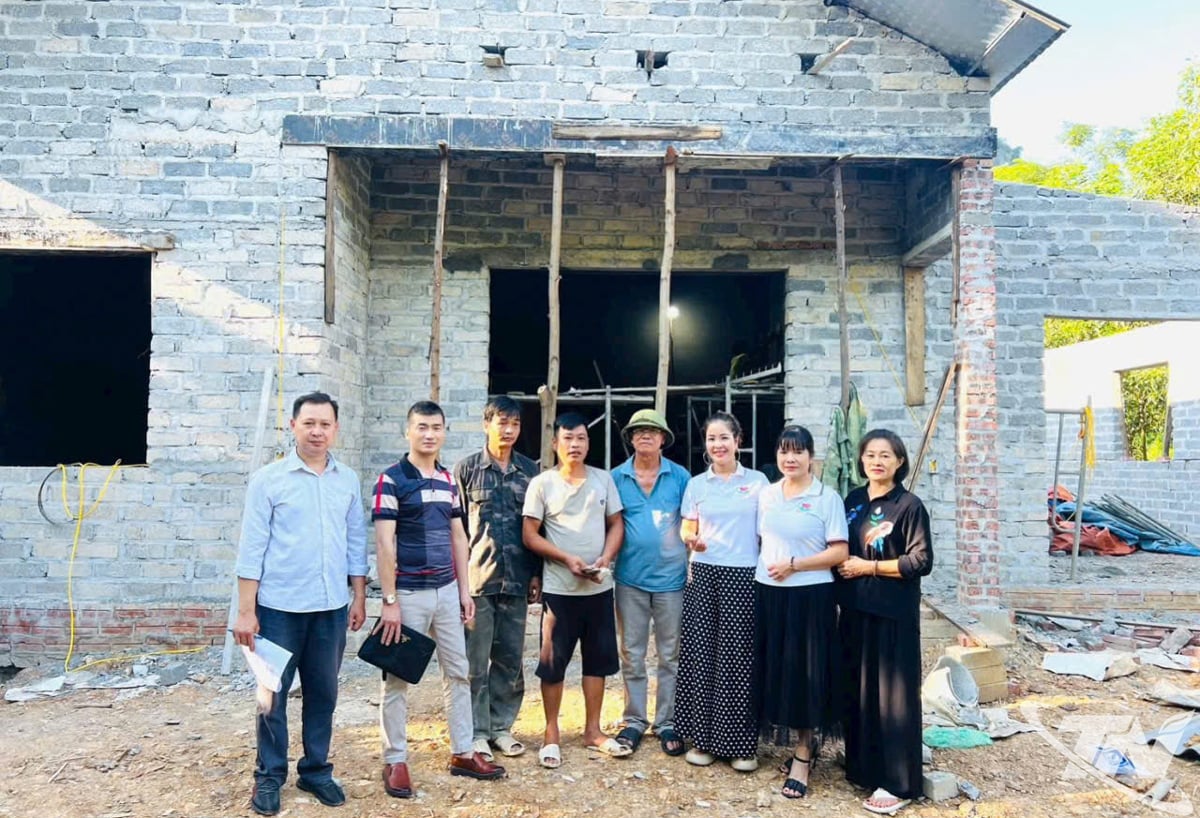
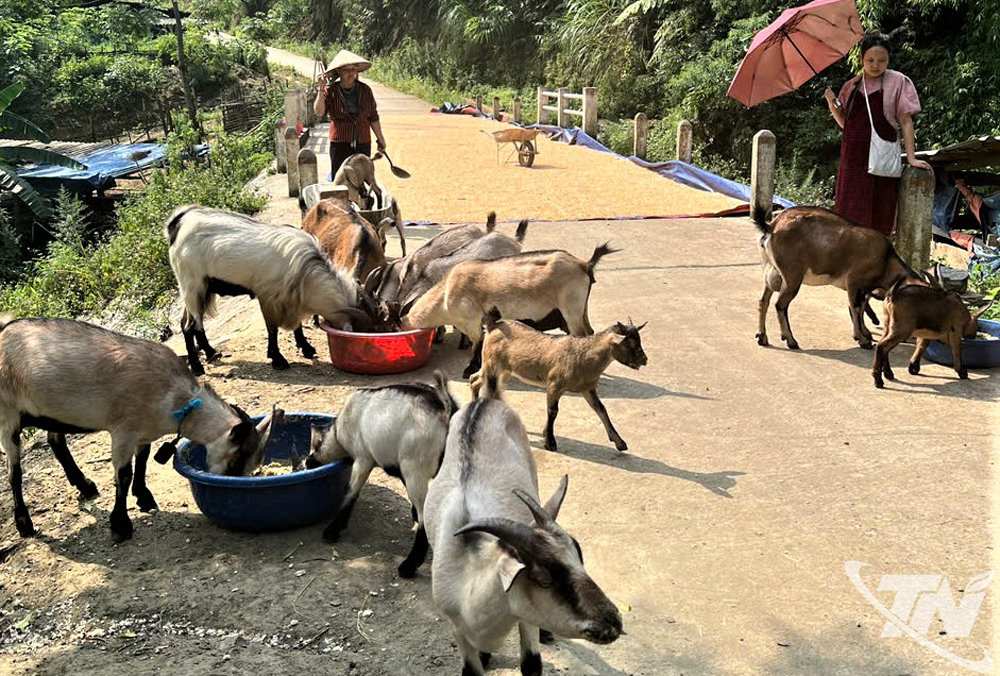

![[Photo] Joy on the new Phong Chau bridge](https://vphoto.vietnam.vn/thumb/1200x675/vietnam/resource/IMAGE/2025/9/28/b00322b29c8043fbb8b6844fdd6c78ea)

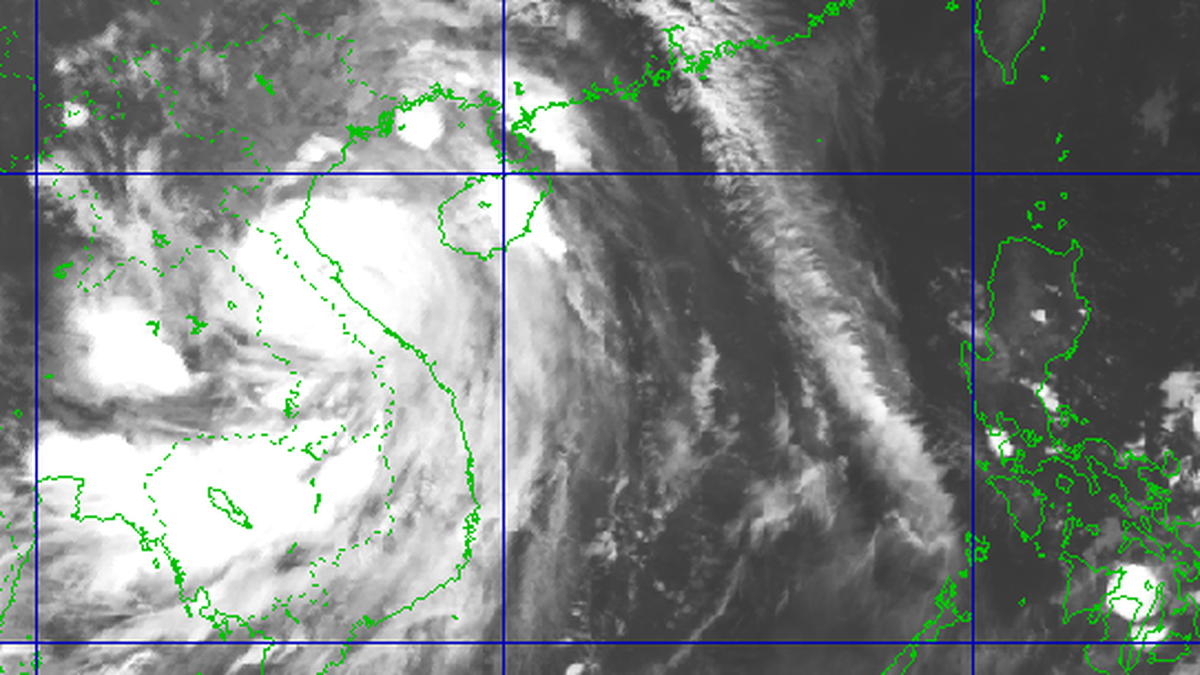
![[Photo] President Luong Cuong receives Chairman of the State Duma of the Russian Federation Vyacheslav Volodin](https://vphoto.vietnam.vn/thumb/1200x675/vietnam/resource/IMAGE/2025/9/29/6bd456e072504df3a468acbf9b7989c8)
![[Photo] The 4th meeting of the Inter-Parliamentary Cooperation Committee between the National Assembly of Vietnam and the State Duma of Russia](https://vphoto.vietnam.vn/thumb/1200x675/vietnam/resource/IMAGE/2025/9/28/9f9e84a38675449aa9c08b391e153183)





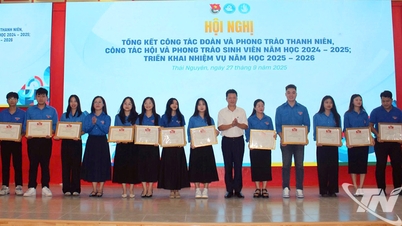






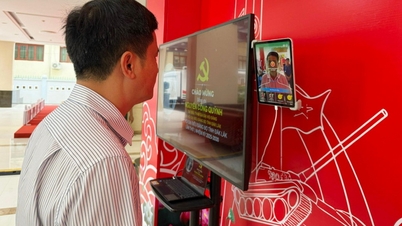



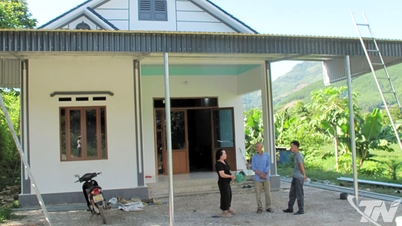
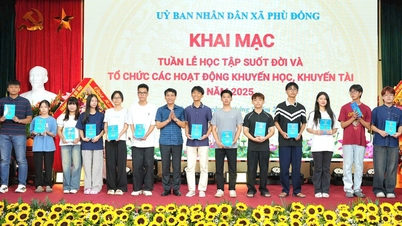
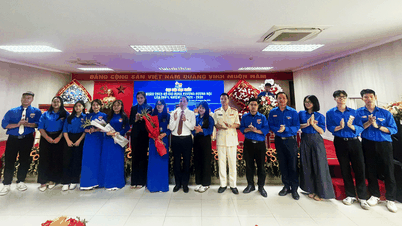






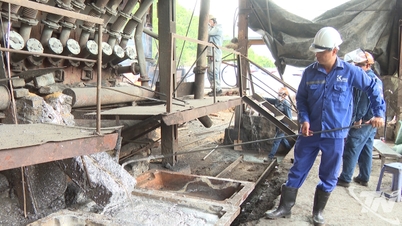

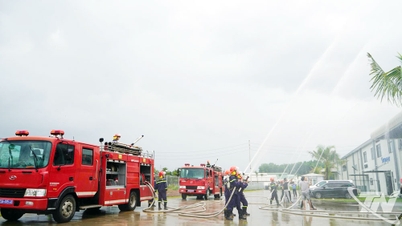























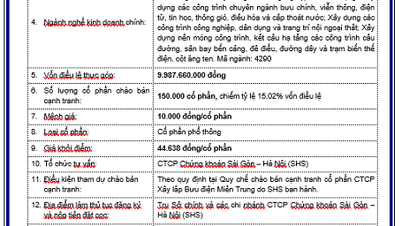





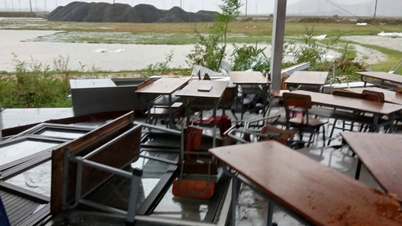

![[Photo] President Luong Cuong receives Chairman of the State Duma of the Russian Federation Vyacheslav Volodin](https://vphoto.vietnam.vn/thumb/402x226/vietnam/resource/IMAGE/2025/9/29/6bd456e072504df3a468acbf9b7989c8)


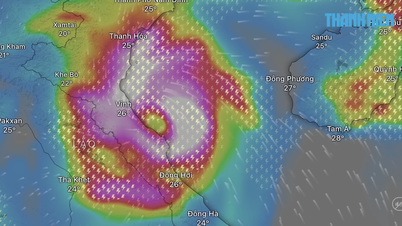



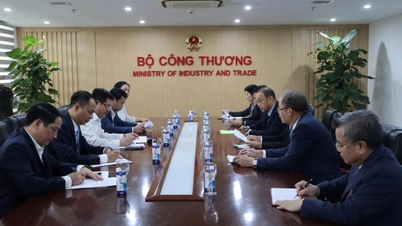























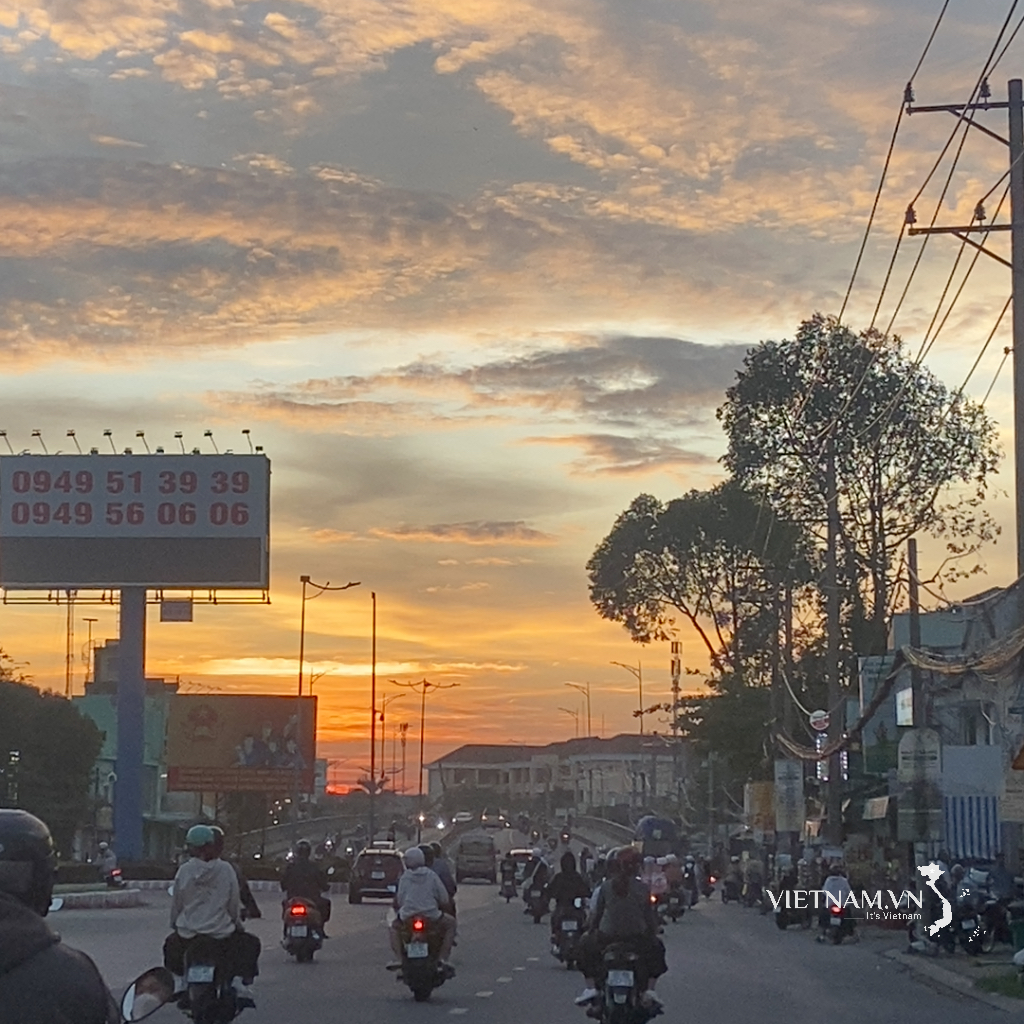
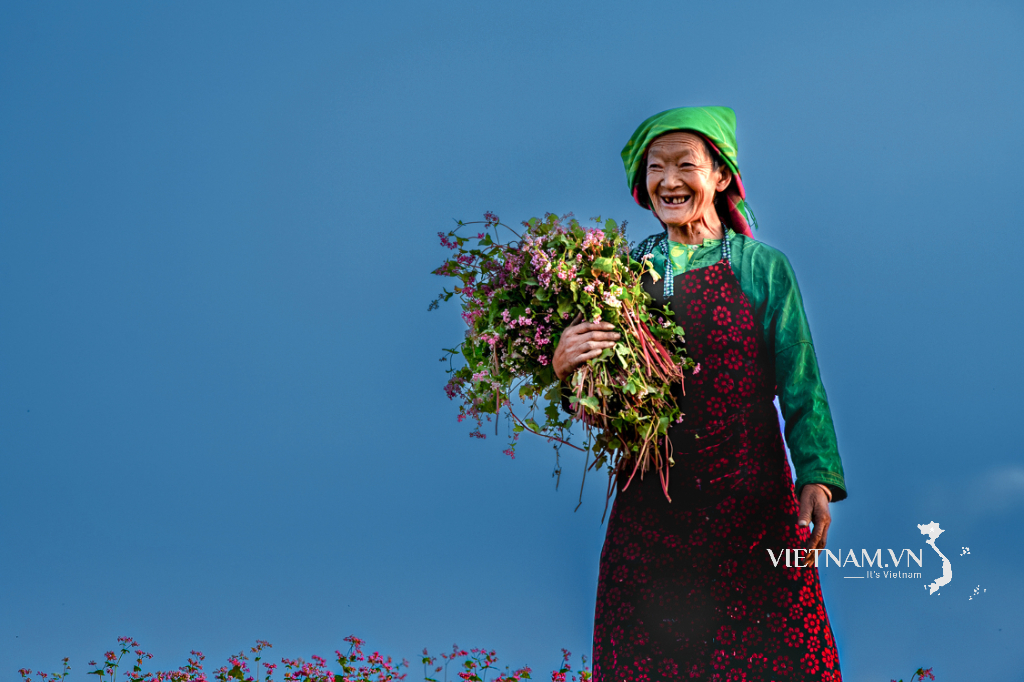
Comment (0)